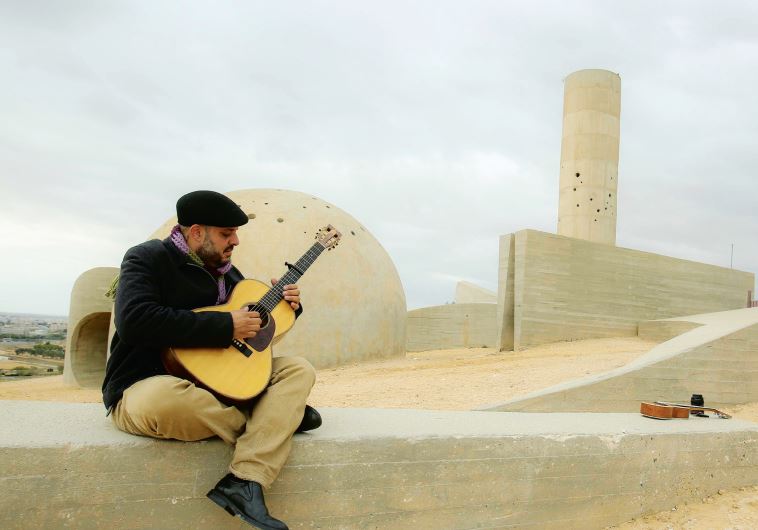Blues from the roots, in Tel Aviv and Jerusalem by way of LA
Despite hailing from the Watts district of Los Angeles, Jerron “Blind Boy” Paxton was blessed with a strong familial link to the cradle of the blues.
 David Peretz will bring his ‘haiku blues.’(photo credit: WENDY BLUMFIELD)
David Peretz will bring his ‘haiku blues.’(photo credit: WENDY BLUMFIELD)